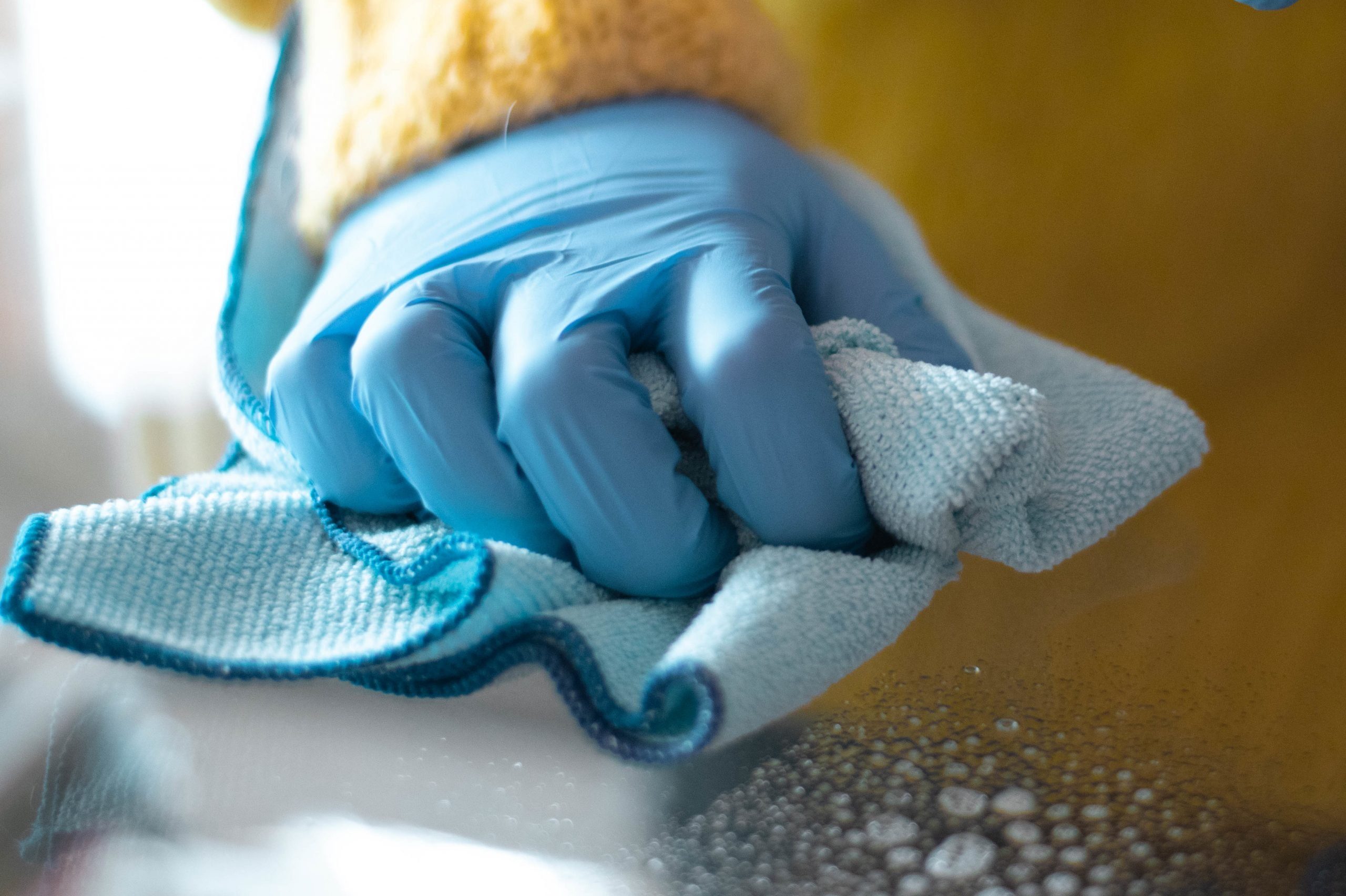
Start cleaning everything
Our personal items can be grosser than we think. And with the COVID-19 pandemic, sanitization and limiting the transfer of germs is not only top of mind, but essential. Although you might not be using all of these items in the wake of COVID-19, if you haven’t used them in a while, there are plenty of reasons to clean them now. Here’s what else might be living on your phone, your workout clothes, your handbag, and more.
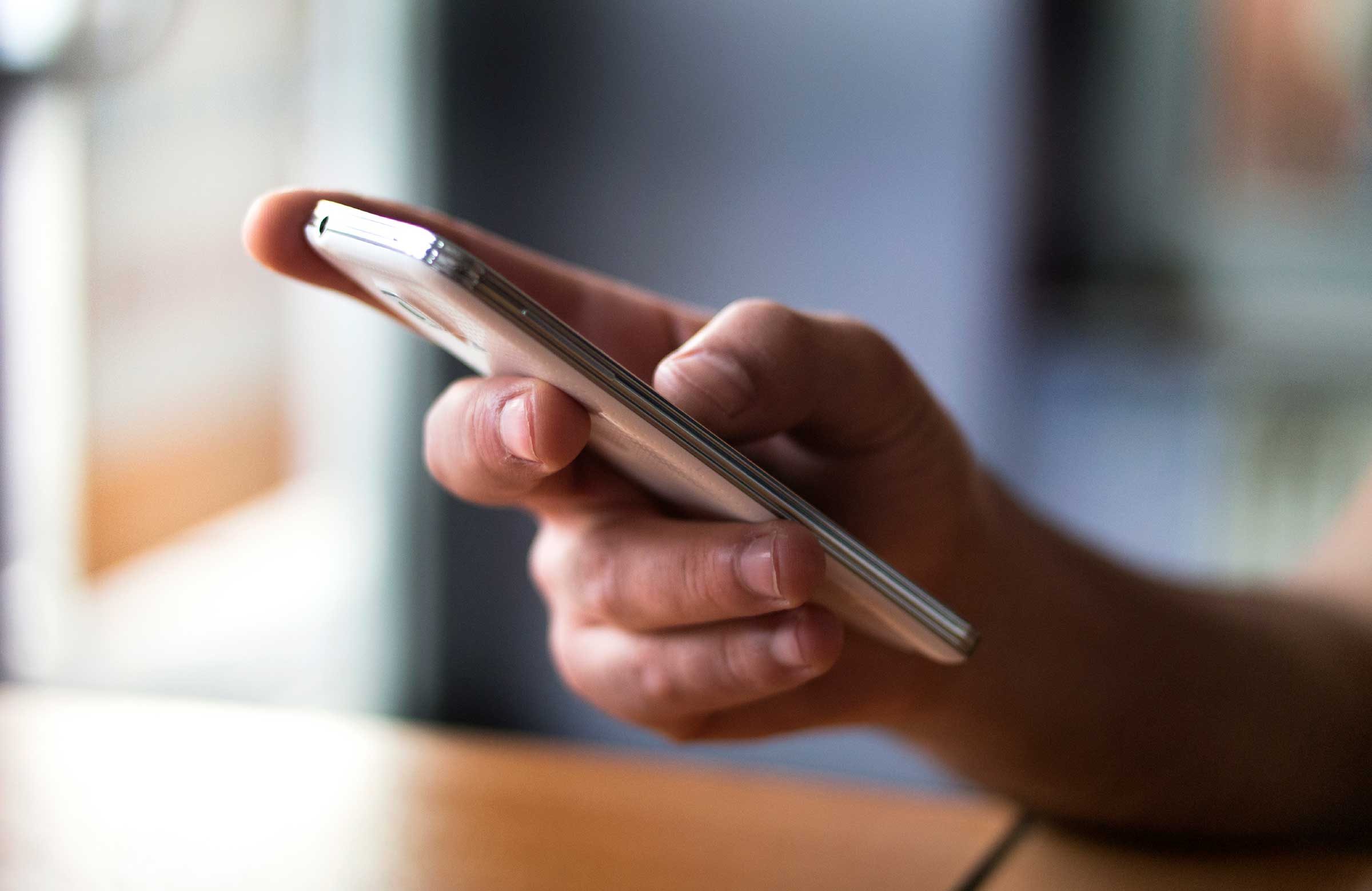
Your phone
Cell phones deliver more than messages: According to University of Arizona microbiologist Charles Gerba, PhD, these electronic wonders can carry everything from fecal matter to MRSA, the antibiotic-resistant cousin of staph bacteria.
“Sharing your phone can make the problem even worse,” he explains. “The bacteria that live on your skin probably won’t make you sick, but someone else’s just might if you rub your eye or eat before washing your hands.” The solution? “Wipe your phone down with an alcohol-based towelette at least once a day,” advises Dr. Gerba.
Here are the mistakes you’re probably making with face masks.
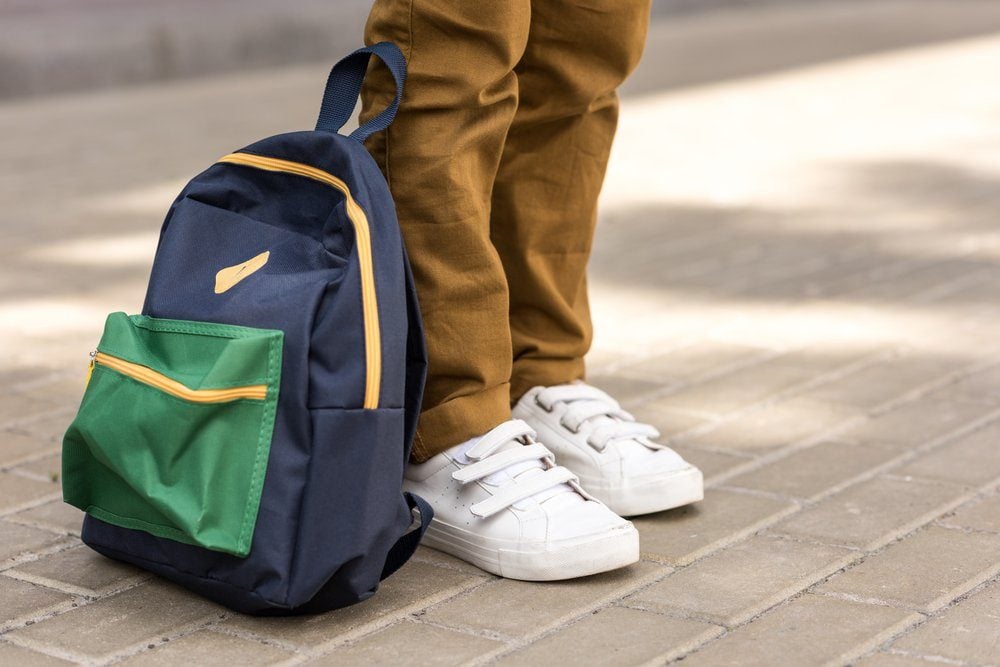
Your pocketbook or backpack
Purses go where we go, and more often than not, they’re plopped onto the floor. Then you come home, toss it onto the kitchen counter, and go through the mail. Guess what you’ve left on your counter, waiting for you to start dinner? Dr. Gerba says probably an icky mess of E. coli and other germs.
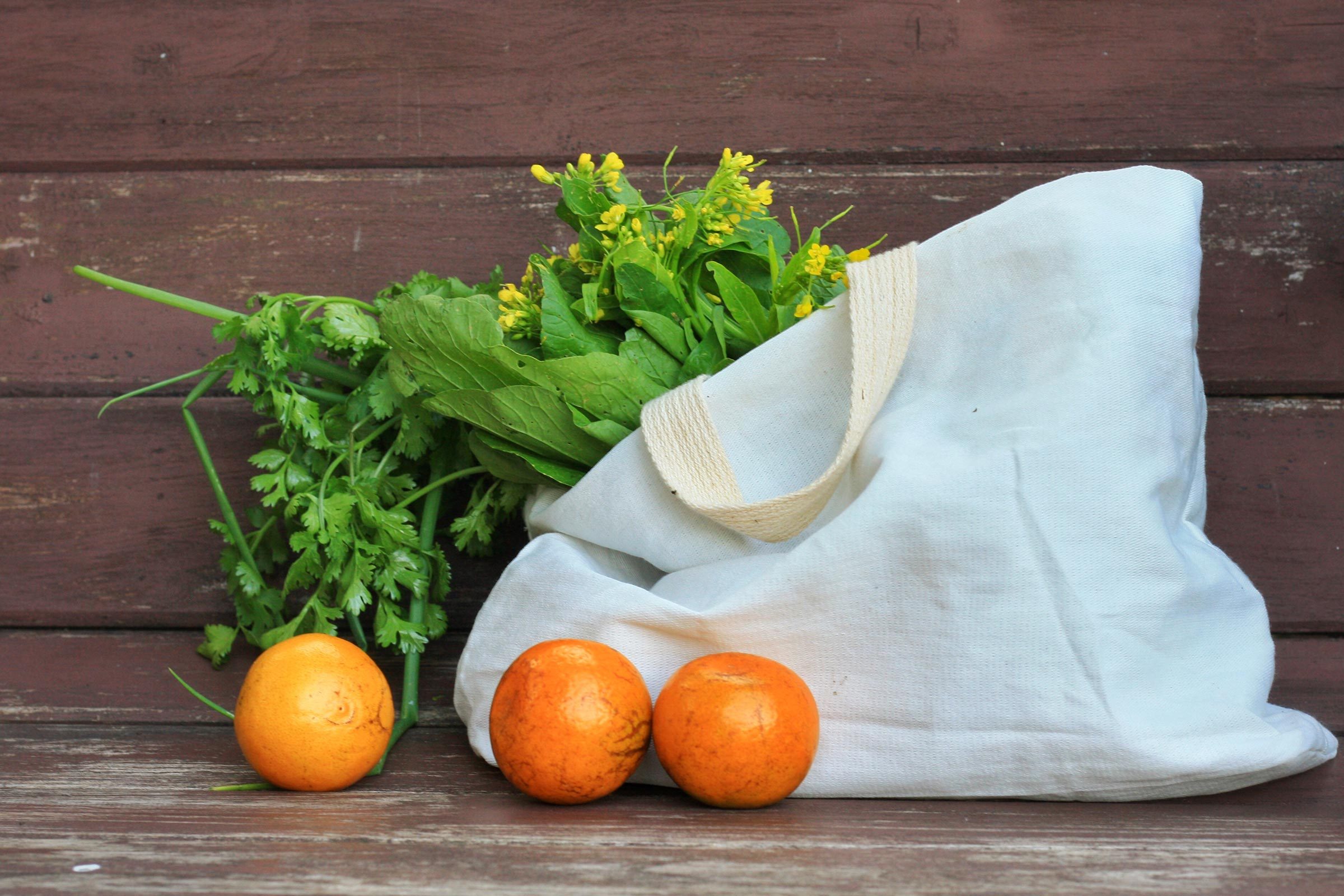
Reusable grocery bags
You remembered to take your own grocery bags into the store—congratulations! Now, when was the last time you cleaned them? If you can’t remember, don’t feel bad: Dr. Gerba shares that just three per cent of people wash theirs regularly. What’s at risk? “The meat leaks, you don’t notice, then back the bags go into your warm, dark trunk,” he explains. “Two days later, you put a head of lettuce in the same bag. Now you’ve got the makings of salmonella salad.” It’s an easy fix—toss your bags into the washer or spray them down with a bleach-based cleanser after every use.
Find out how to avoid germs when grocery shopping.
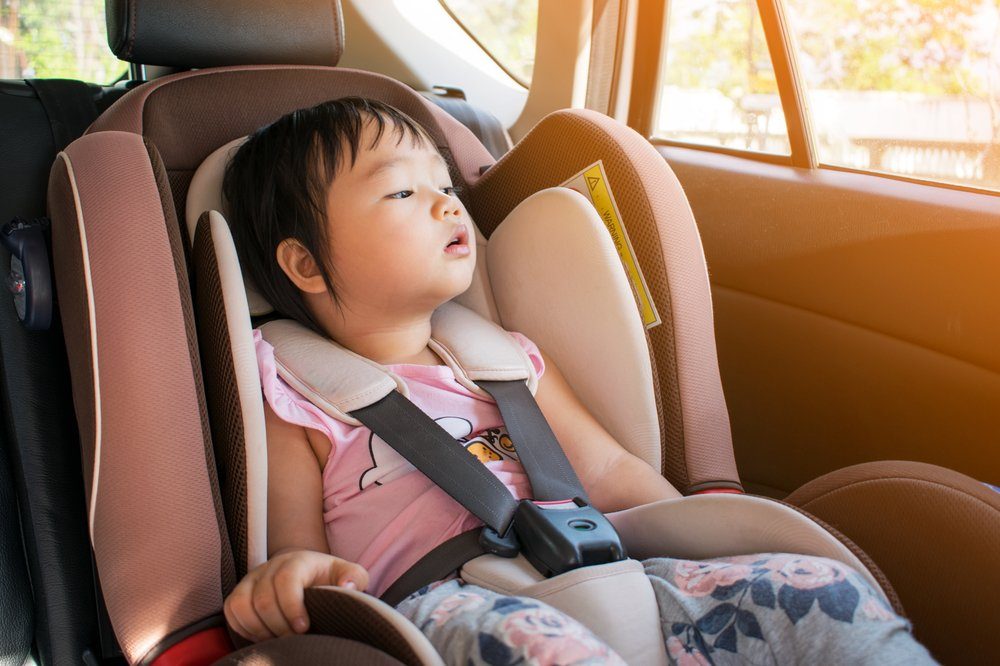
Your child’s car seat
Car seats do more than keep your baby safe. According to Dr. Gerba, they’re a haven for mould, fecal bacteria, and other nasties as well. “Kids touch their faces an average of 60 times an hour, meaning just about everything they touch goes into their eyes, nose, or mouth, which are the entry points for bacteria,” he explains. “Keep their seat clean and wipe their hands with sanitizer as soon as you get them out of the car.”
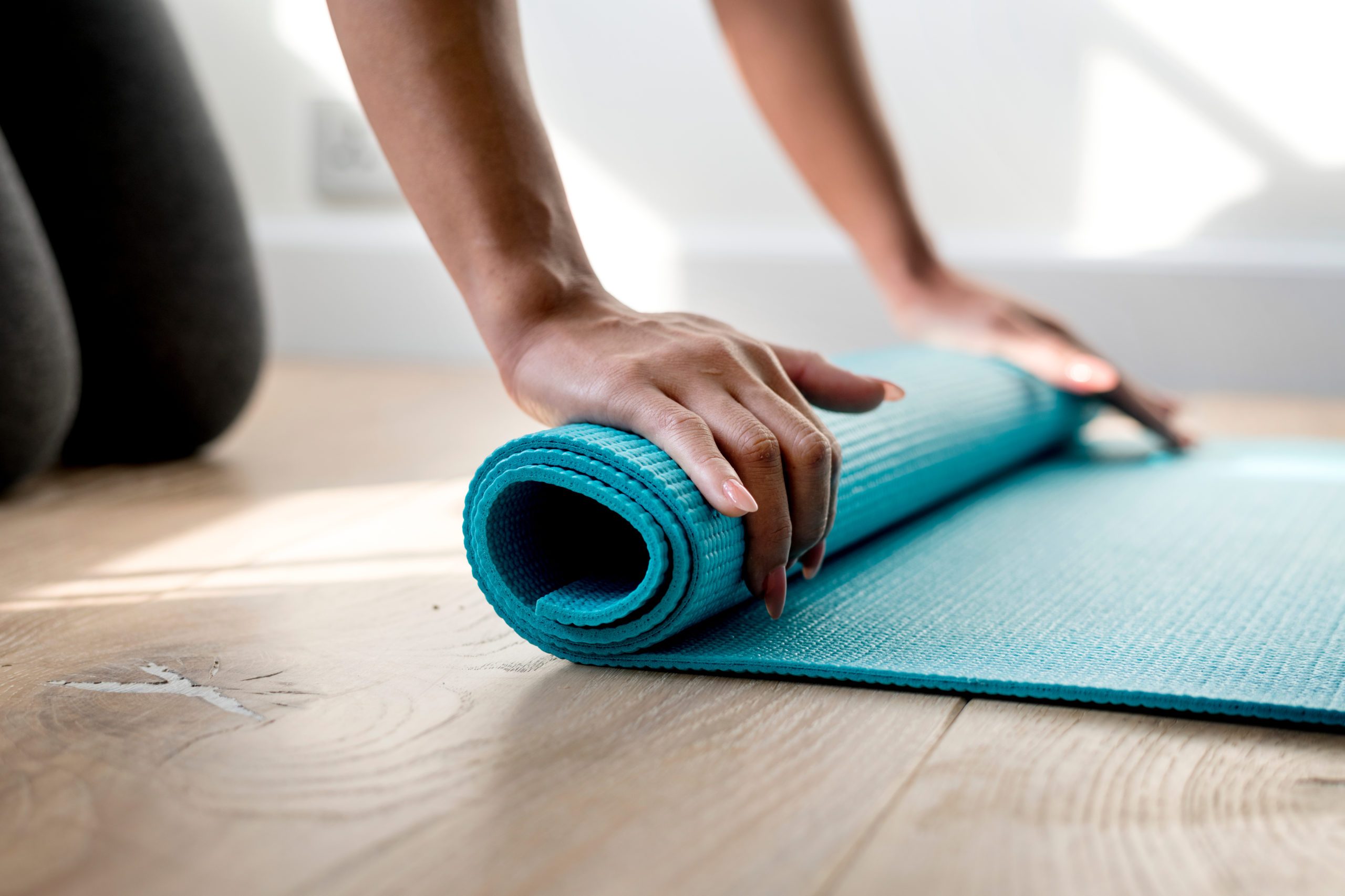
Your yoga mat
“You name it and you’ll find it on a floor,” says Philip Tierno, PhD, a microbiologist with NYU Langone Health. “When you roll up your yoga mat, anything it has picked up transfers from the floor to your hands and the other side of the mat.” The solution? Take the time to disinfect your mat after every use. And it’s not just the floor.
Avoid these mistakes you might be making with antibacterial wipes.
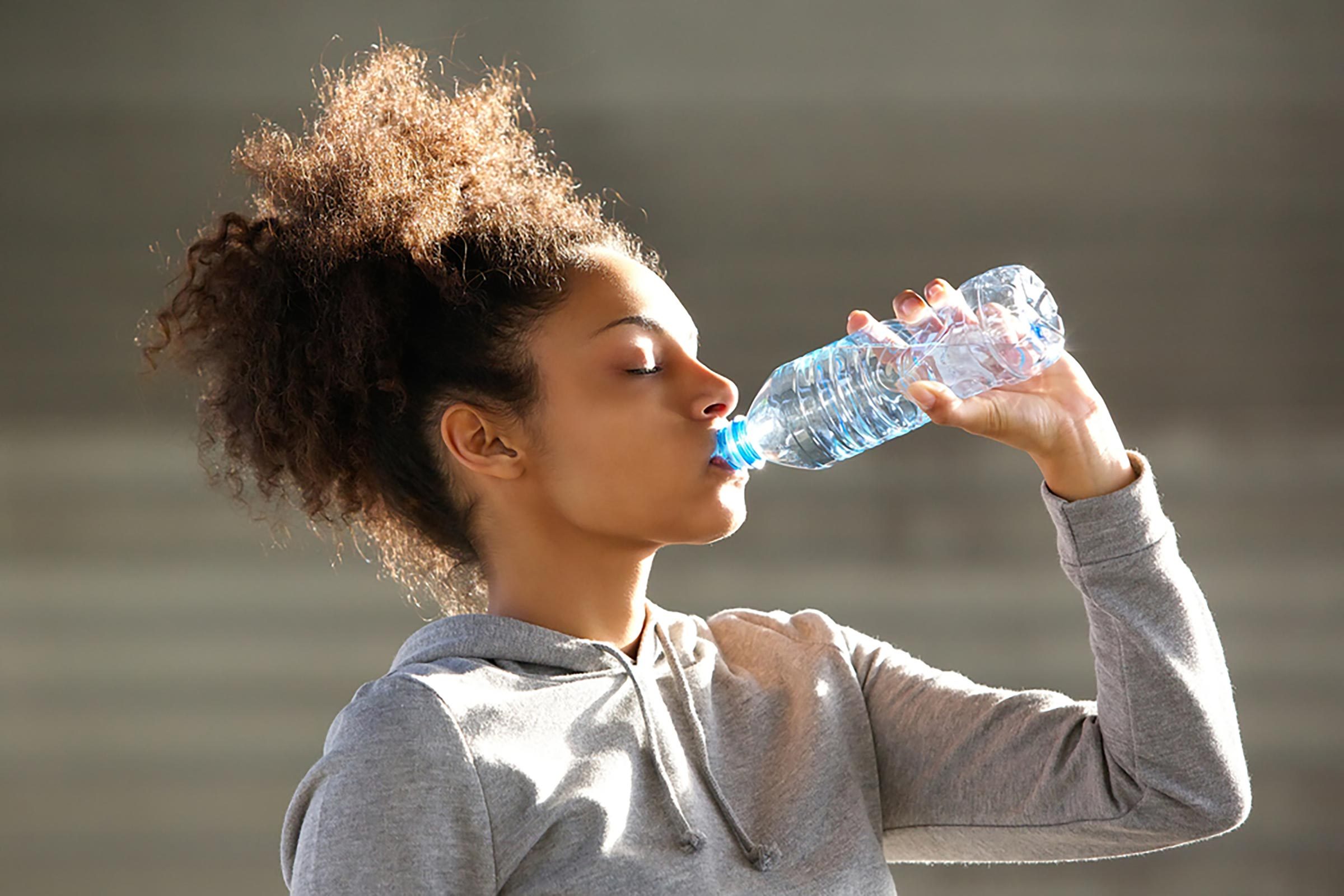
Water bottles
Still carrying a plastic water bottle? According to Dr. Tierno, you might want to consider switching to a stainless steel water bottles. “Metal can be inhibitory to bacterial growth,” he says. “Plastic may allow microorganisms to adhere, build up, and create a biofilm, which encourages their growth.” Although not all of these germs can cause disease, play it safe and use a bottle brush to scrub the inside of your water bottle every day, especially if you’ve filled it with something other than water.
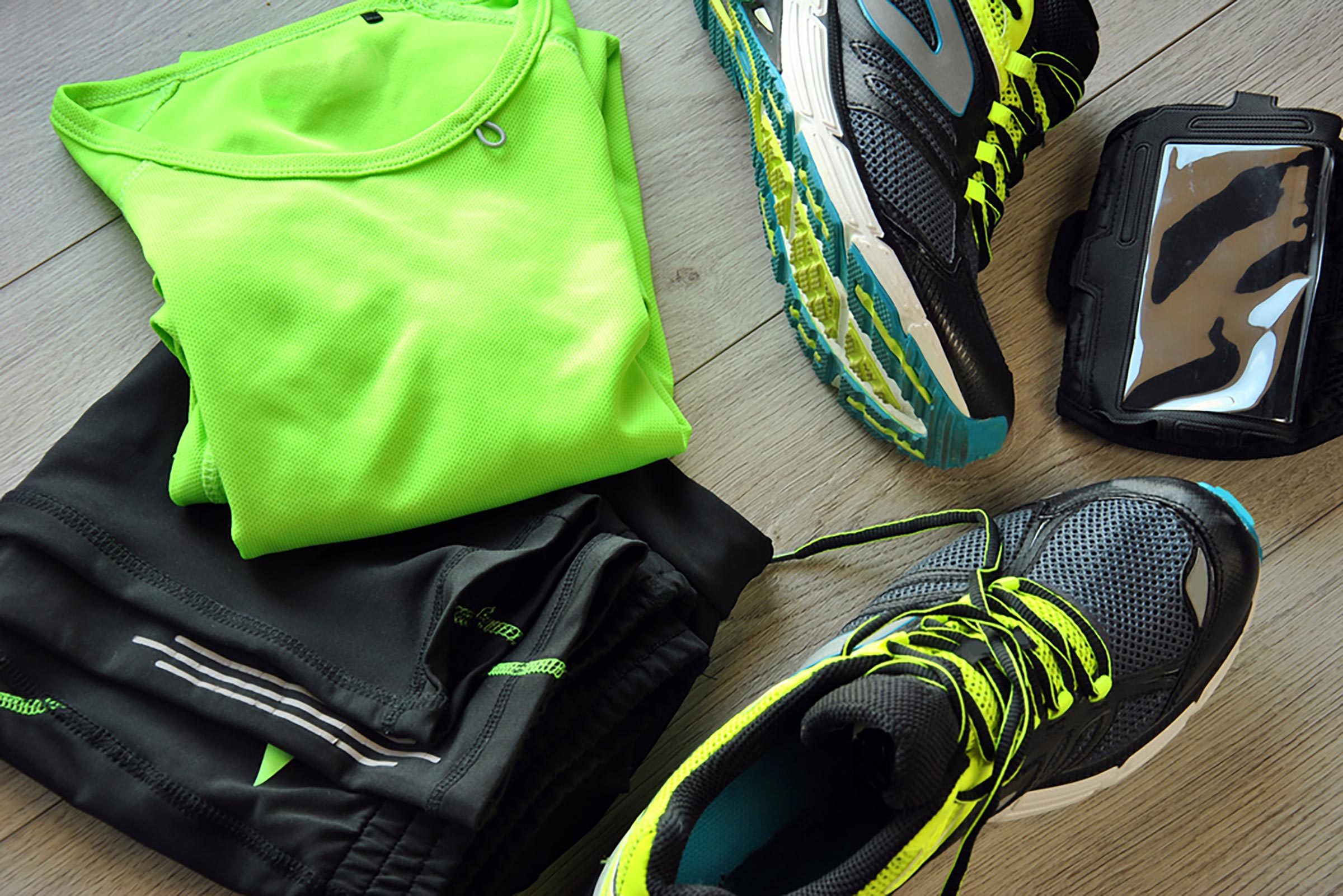
Gym clothes
Sweaty workout wear is more than gross: It can also carry pathogens like rhinovirus and staph that you may have picked up at the gym. And if that isn’t bad enough, some workout clothes get worn more than once before they’re washed. “That time between washings not only gives the germs time to incubate, but can also create an environment where mold can grow,” says Steven Fiester, PhD, a microbiologist with the University of South Carolina School of Medicine. “Get in the habit of washing your gym clothes after every workout.”
Learn the most hygienic way to dry your hands.
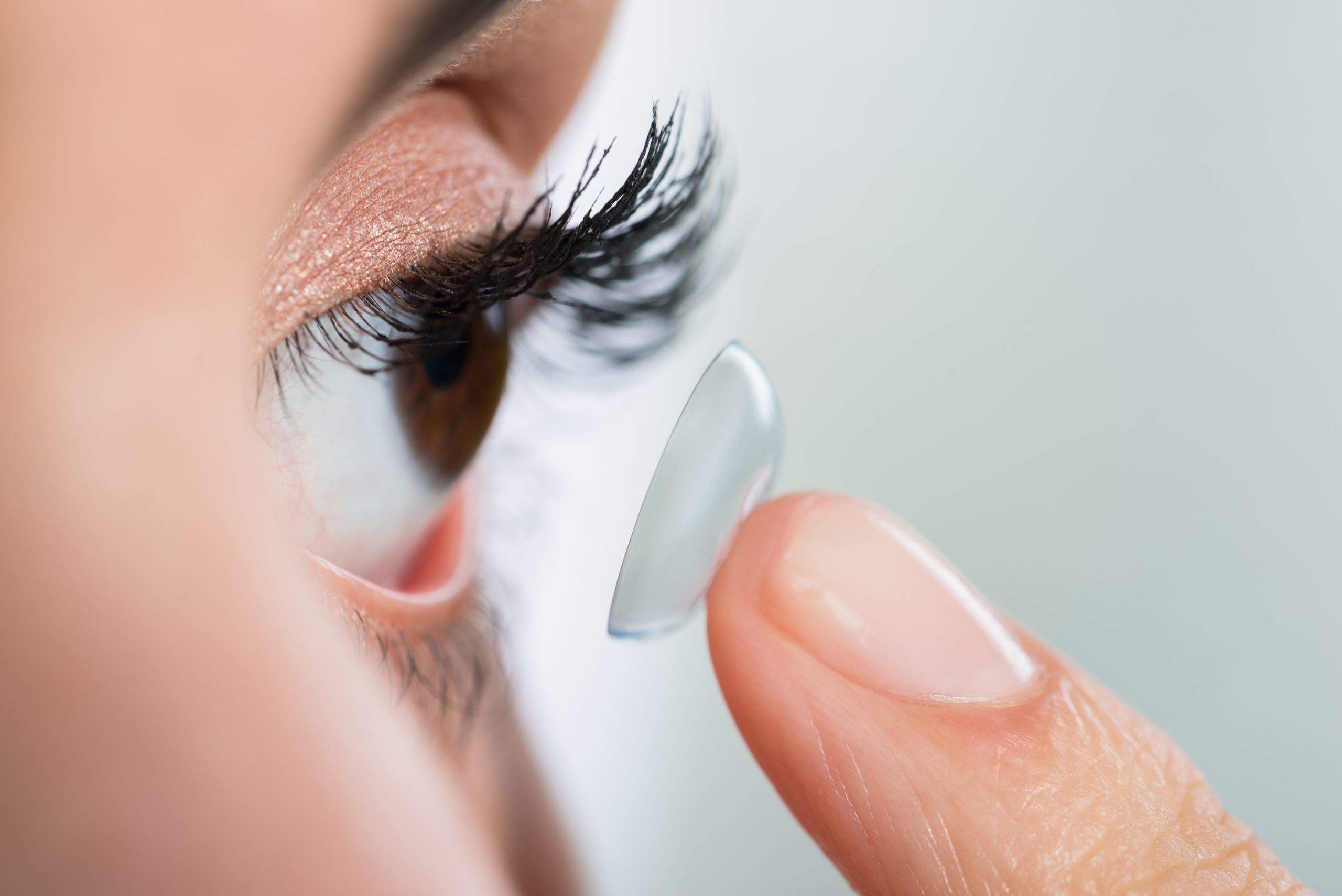
Contact lenses
Scientists know that most of the bacteria we run into is beneficial, but when it comes to your eyes, it’s best to stay squeaky clean. “Contacts may come out of the case sterile, but if you pop them into your eyes with a dirty finger you run the risk of everything from conjunctivitis to an infection of the cornea,” says William Schaffner, PhD, an infectious disease and public health specialist at Vanderbilt Medical Center. “Keep your hands clean and you’ll be amazed at how healthy you’ll stay.”
To keep your peepers healthy, make sure to follow these eye care tips from Canadian optometrists.
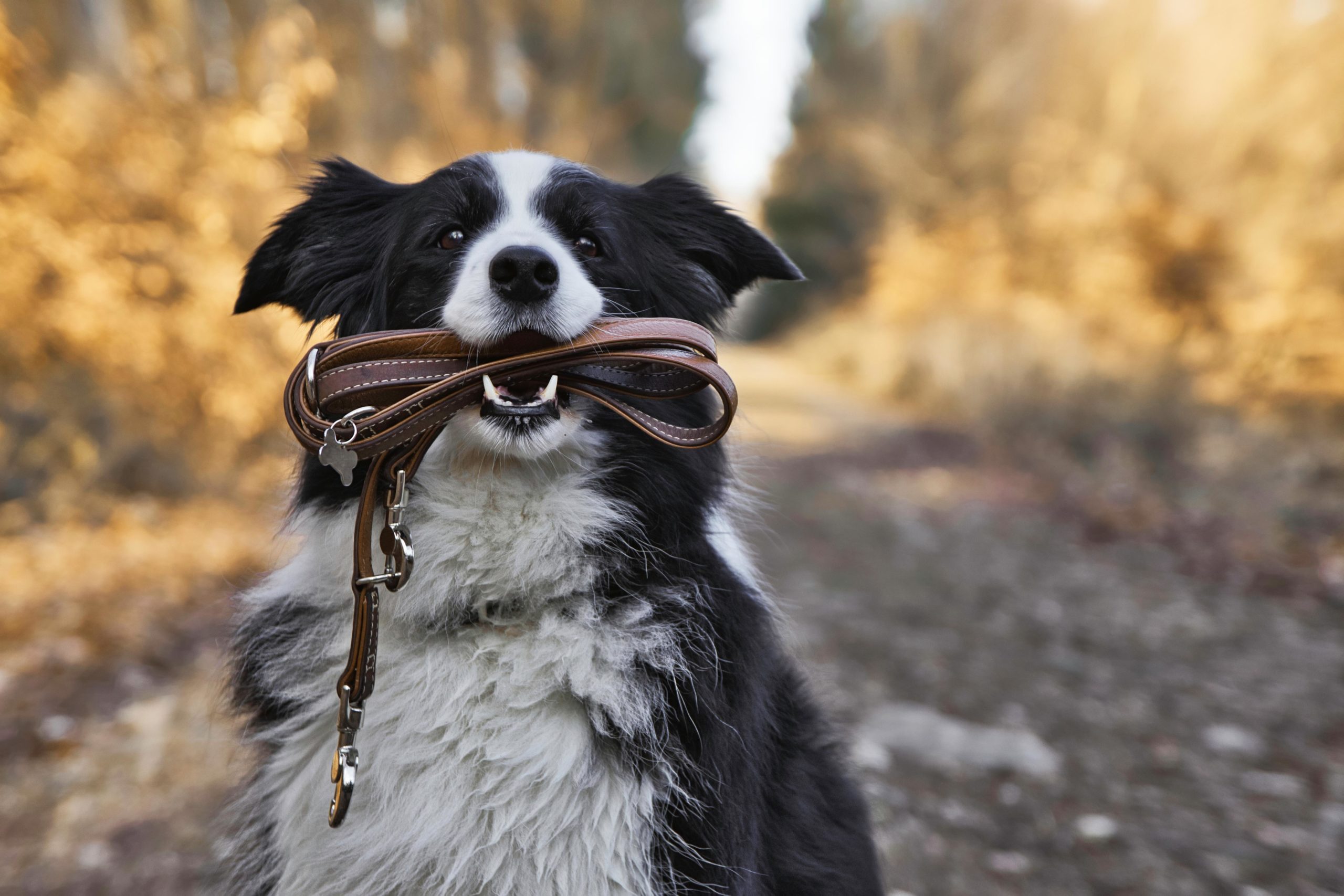
Your dog’s leash
It’s dragged through, well, everything, but how often do we clean, or replace, our dog’s leash? Practically never. “You have no idea what’s on the ground, so be safe and wash your hands when you return from walking your dog,” says Elizabeth Scott, PhD, a microbiologist and founder of the Simmons Center for Hygiene and Health in Home and Community. “On that same note, don’t let your dog lick your face. They spend a lot of time with their mouths in things you don’t want on your face.”
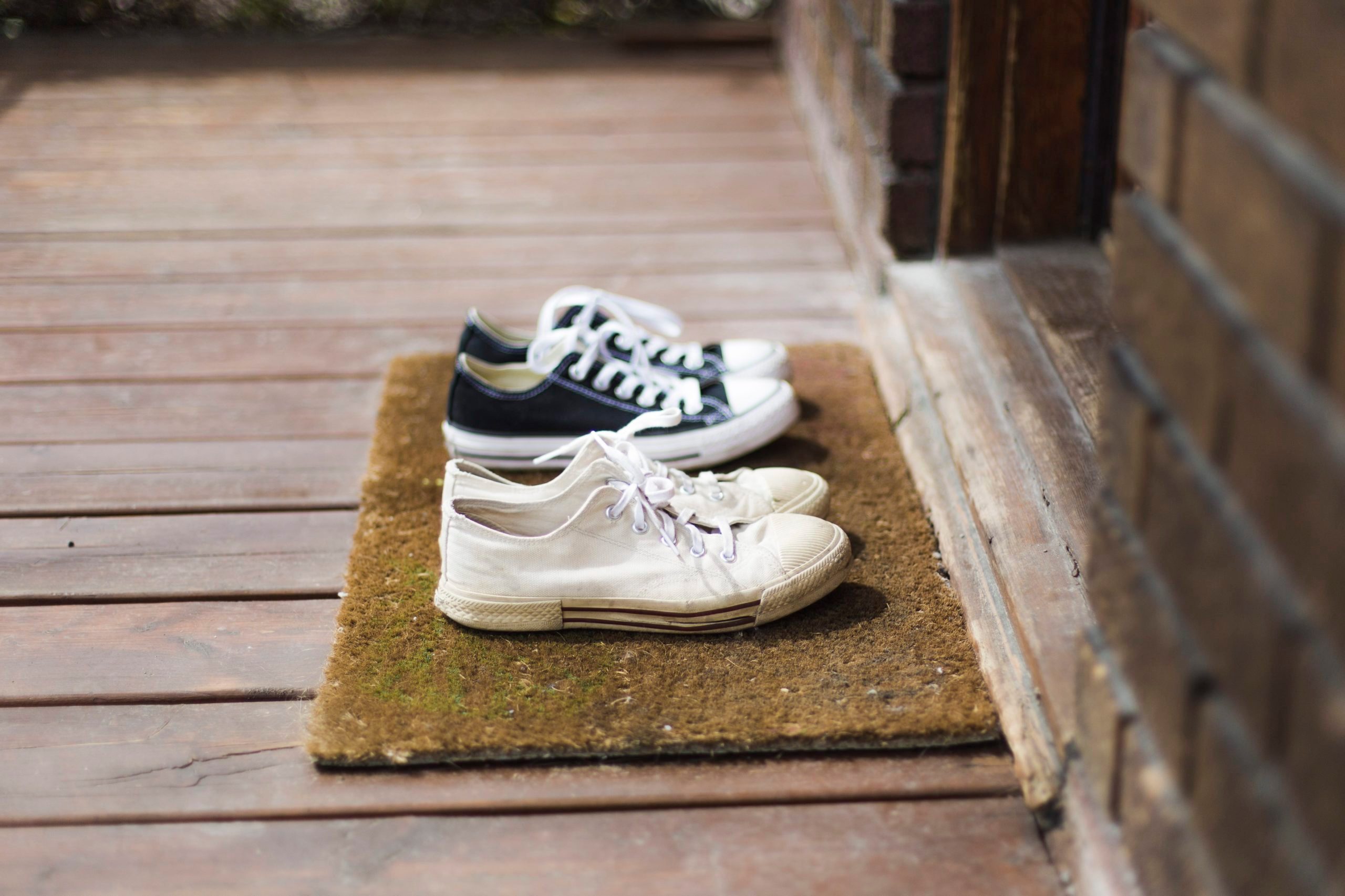
Your shoes
It’s a fact: About 90 per cent of the shoes we wear have some degree of E. coli on the soles. “Wash your hands after handling your shoes and be sure to use shoe bags when you pack a suitcase,” says Elizabeth Hirsch, PharmD, assistant professor at the University of Minnesota College of Pharmacy. “The best defense against superbugs like MRSA—which can be resistant to antibiotics—is to use good hand hygiene and wash your hands often, especially after using public spaces or restrooms.”
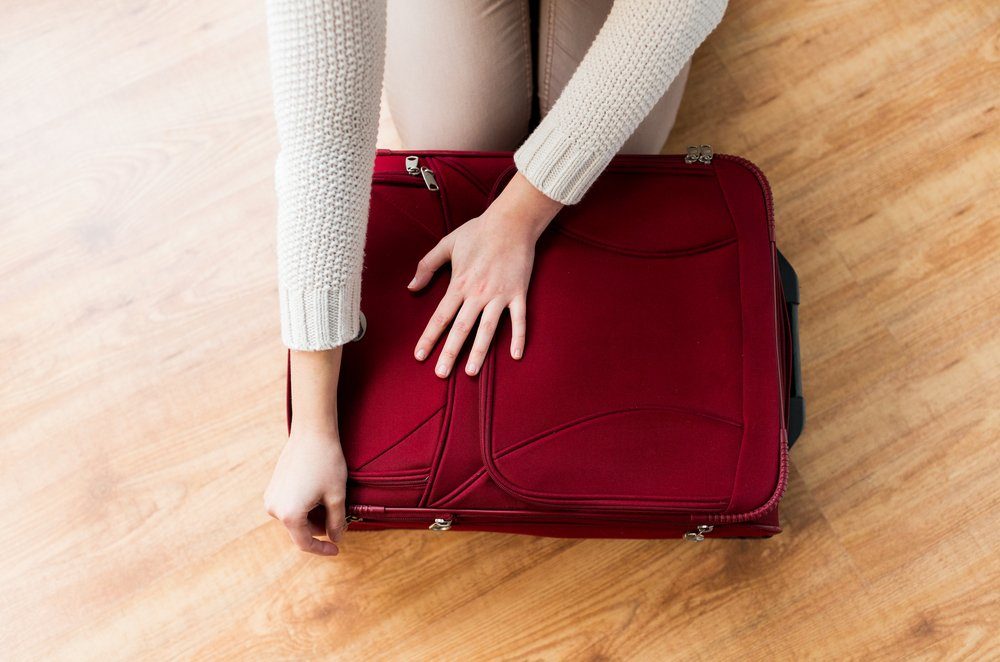
Your suitcase
During a trip, your suitcase rolls across sidewalks, parking lots, train stations, hotel lobbies, and other potentially dirty places like these dirtiest spots in the airport. You probably also take it into the bathroom stall in the airport, where you grab the handle before you’ve washed your hands. “I always think about the handle when I’m in the bathroom at the airport,” says Dr. Hirsch. “Try to grab it with toilet paper and definitely wipe it down after every trip. It’s more about the ick factor than disease transmission, but I wash my hands after handling my suitcase.”
Next, check out the tricks to avoiding germs that actually don’t work.